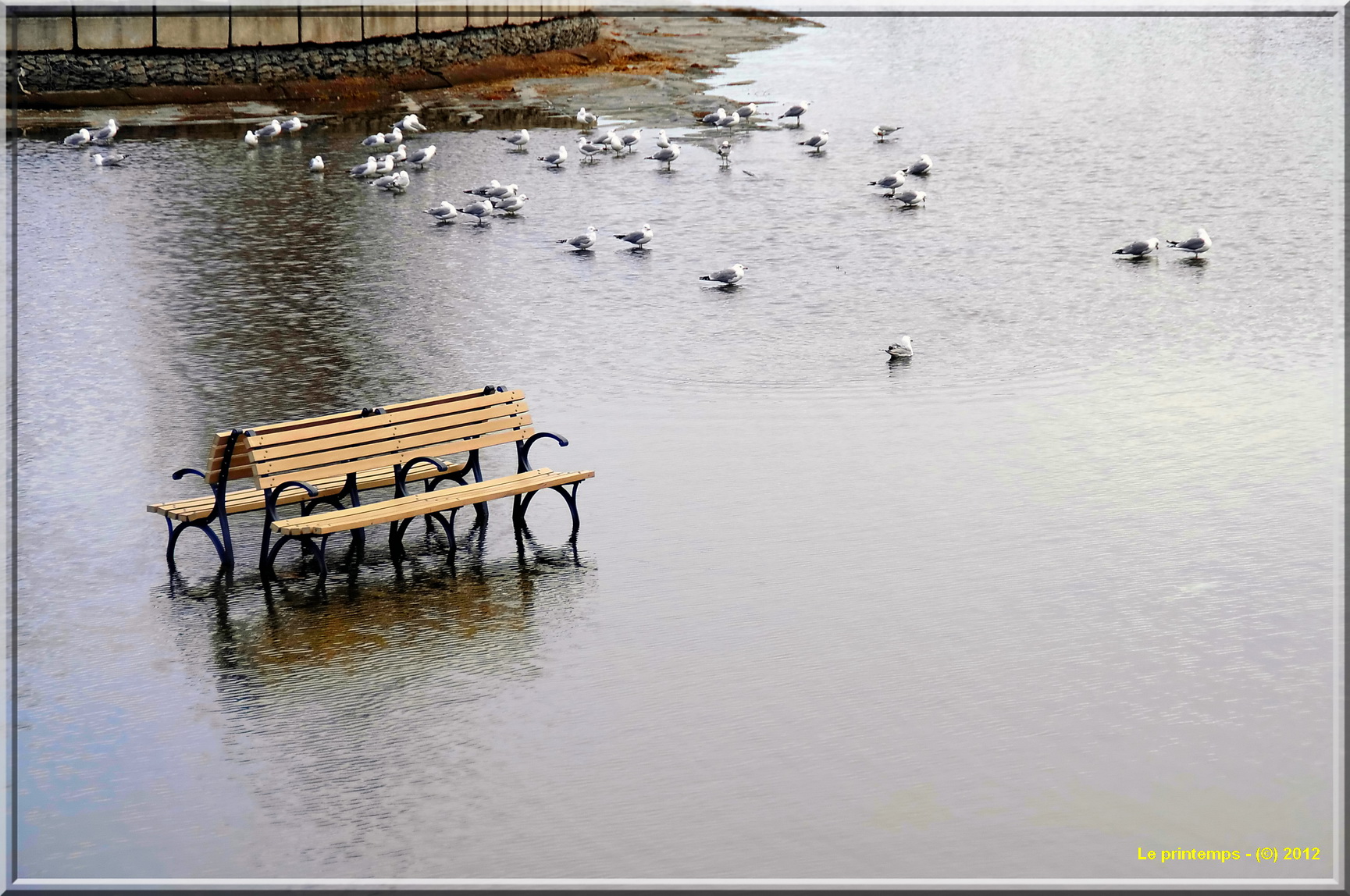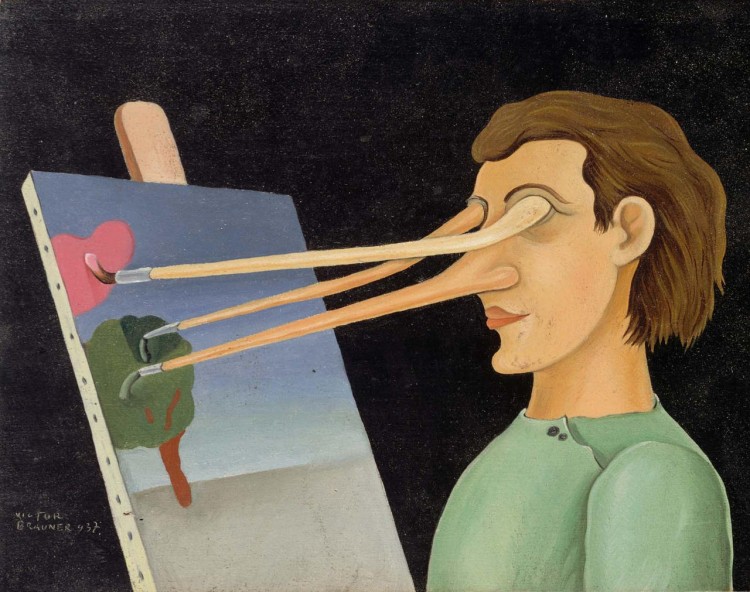Banalité
As a spell right ( right of coercion, justice spell ) a commercial justice is referred to is to let the inhabitants of an area meet their needs exclusively from a particular trade or business. The spell rights originated in the Middle Ages and were widespread and varied. Since they are contrary to the freedom of trade and the market economy, the legislature abolished it in the 19th century. In general, the rights set spell does not constitute a prohibition to exercise a particular industry in a district, but a prohibition to the buyer to ask the services in question Ineligible.
Individual rights spell
- Mill Law: The most common spell right was the mill or mill spell coercion, in which the inhabitants of a territory were obliged to have their grain ground only at a mill ( mill spell ).
- Brewing right: The spell rights included the right to brew; consequently could not merely within a district no other brewery to be built, but also all Schenk and innkeepers, sometimes even all individuals were forced only by the holder their beer to procure at a specified price ( brewing compulsion beer coercion).
- Wine Law: A similar law practiced here and there wineries in relation to the consumption of wine of a certain district of. Analogously, the winepress coercion ( winepress spell ) or the right of all growers of a certain district or at least from one class to ask the same to their grapes pressed on the spell winery or pay at least the assessed tax ( wine wine) for that. In some places, was the so-called wine spell which allowed the operation of pressing, only noble and spiritual lords, lifted only in the 19th century.
- City Law / Land Law ( Middle Ages): The mileage right the privilege of a town was called, according to which no one is allowed to operate without the approval of the city within a radius of a mile or more walk around the city a particular trade, catering or craft. This exclusion zone was lifted only on large market days.
- Hunting rights: A Wildbann called a special royal hunting rights in the Middle Ages. From the late 14th century special provisions of a forest sovereignty were adopted for the management of forests and therefore with this.
- Bathing Law: An Bannbadstube (or Bannbad ) was a verpachtetes to a Bader public bath, which succumbed to the spell right.
Furthermore, there was also, in some regions a brandy forced, forced meat, wrought forced, forced bleaching or forced oven.
Origin of the spell Rights
One can trace back the origin of the spell rights to different roots.
- Most had apparently just in the power need of the minor or major feudal lords their reason. What ordered this, applied to law, and so, for the subjects in addition to other loads, the new spell of duty. This mainly included the ban on hunting, as the nobility regarded hunting as own pleasure and privilege. This also includes the origin of the offenses of hunting and poaching of fish can be seen, even if these (eg species) satisfies the meantime any other purpose.
- A larger show of right had the reasoning of the spell compulsion for themselves when the feudal lord the one given as overseers of the industry as a whole looked and with exclusion of any other concession in the form of a spell right.
- A third type of spell rights are established by actual agreement, as when the inhabitants of a region (or a feudal lord ) to encourage an entrepreneur to establish a desired of them tradesmen institution, therefore received a formal contract with him that he, for B build. should build a mill or a wine press, while the inhabitants promised him to secure the company profits, through a certain period of time or to make grind their fruits without time determination only with him or their grapes pressed.
Lifting the ban Rights
All rights spell stood with the principle of freedom of trade and the market economy in direct contradiction. The legislation has therefore eliminated the ban rights and indeed partly for compensation of the beneficiaries, such as the Grand Duchy of Hesse by the law of 25 February 1818 and on 15 May 1819 in the Grand Duchy of Oldenburg by law of 17 April 1819 in Baden by the law of 28 August 1835 in the Kingdom of Saxony by the Act of. March 27, 1838, some without such compensation. Bavaria by order of December 20, 1799 December 30, 1801, etc., in Prussia, mainly by an edict of October 28, 1810 Finally, the North German, the German Industrial Code of 21 June. , 1869 ( § 7 et seq ) provides that from 1 January 1873 all forced and ban rights, if they are not eliminated by the legislatures of the individual states to apply for canceled or subject to replacement.










